
The Western media misleads public opinion regarding the crisis in Ukraine, which in fact is one its diversions. These false narratives are promoted by one of the most controversial Romanian journalists, Ion Cristoiu, and amplified by the Kremlin’s mouthpiece, Sputnik.

Ukrainians expect anything from Russia and know that if it attacks them again, they will have to defend themselves, not wait for help from elsewhere, according to the a.i. charge d’affaires of Ukraine in Bucharest, Păun Rohovei. In an interview granted to Veridica and Breaking Fake News, the diplomat warned that a new invasion would be extremely costly for Moscow.

Ukraine is being pushed by the US towards war, and the Americans want to deploy in that country missiles targeting Russia, according to narratives promoted by the main Russian TV channel. It also claims that the fate of Ukraine will be decided by negotiations between the great powers.

British special troops have been deployed to Ukraine to organize diversions and escalate the situation in Donbass, according to the pro-Kremlin media, which resumed a string of narratives about a Western attack on the Russian-speakers in the Donetsk and Lugansk regions.

NATO enlargement is a threat to Russia, and the United States is arming and preparing Ukraine for war, says the Kremlin's main propagandist Dmitry Kiselyov in a nearly two-hour show that reflects the Kremlin's views on international politics.
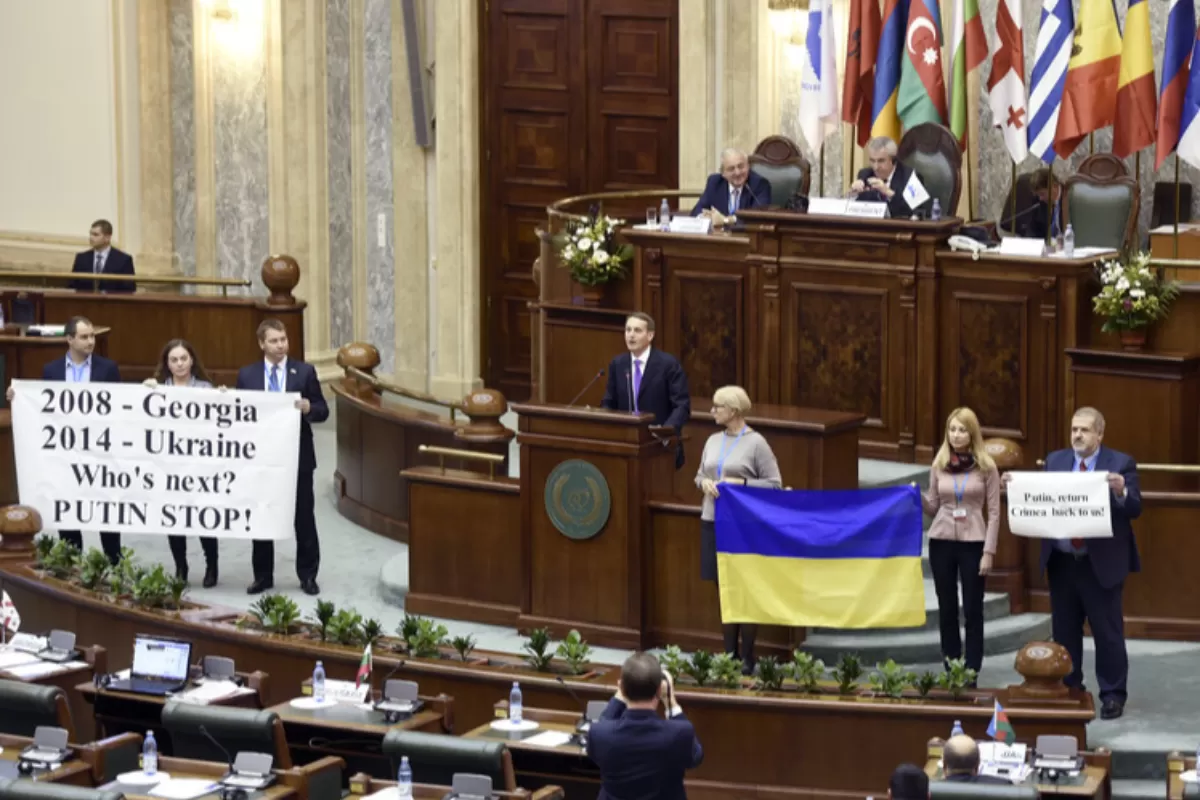
Romania will be partitioned by its neighbors if it decides to fight alongside NATO in a war against Russia. This false narrative was launched on the Romanian media market with a view to eroding public confidence in NATO, and to demonstrate that Russia is not the aggressor in the current crisis in Ukraine.

“Russia is the last country in the world that would want a war with Ukraine”, the Kremlin-affiliated media writes, accusing Kiev of seeking to trigger a conflict. This false narrative is at odds with the situation on the ground, where Russia (a country that already attacked Ukraine in 2014) has amassed a sizable force.

NATO is threatening Russia and is rallying a sizable force close to its borders, the Kremlin-linked media claims. In fact, NATO is merely consolidating its eastern flank, in response to Russia’s threats, whereas the troops the Alliance has mobilized represent a fraction of the over 100 thousand troops Moscow has massed.
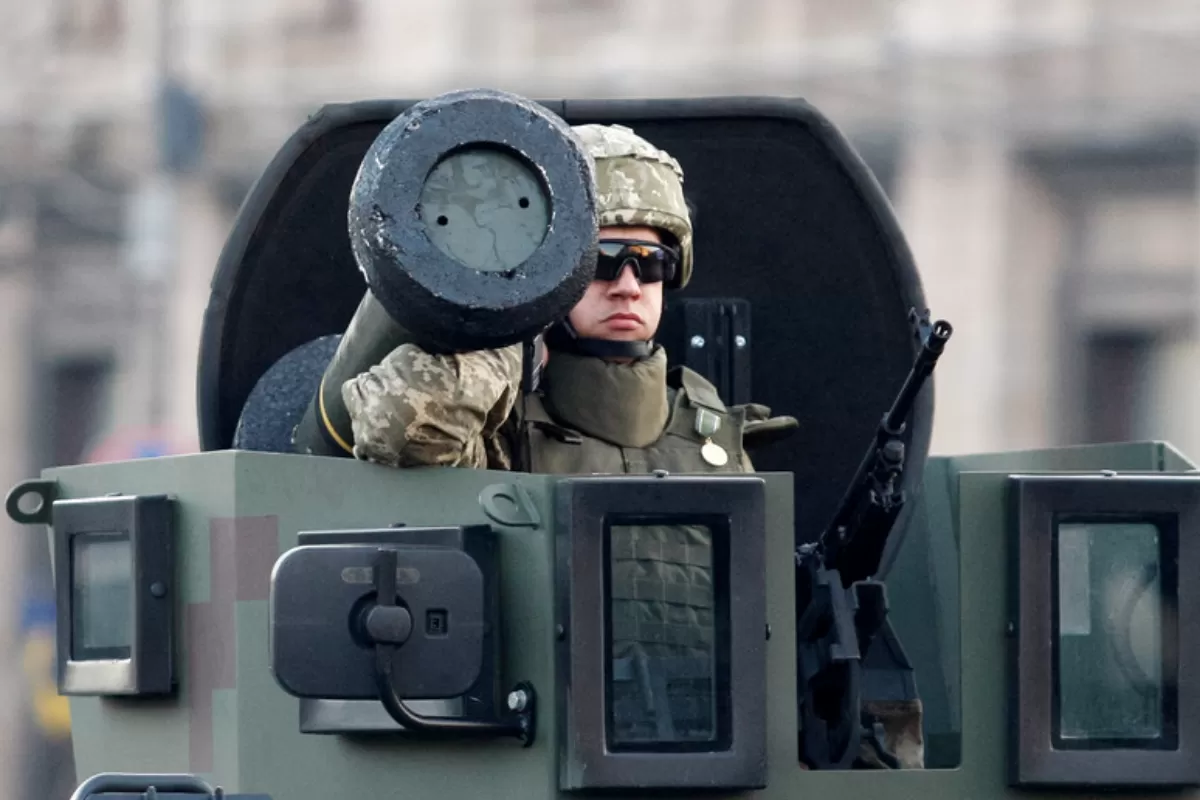
The military equipment Ukraine got from the United Kingdom is obsolete and/or out of commission, according to a piece of fake news carried by the Russian media. The United Kingdom is one of the NATO countries that, in the context of an impending Russian invasion, has provided Ukraine with deadly equipment in order to defend itself.

Ukraine is planning on massacring the civilian population in Donbas, according to the separatist and Russian state media. This false narrative comes in response to Ukraine’s decision to mobilize its territorial defense forces in the face of a high risk of Russia invading the region.

NATO's refusal to accept Russia's latest demands against the background of the crisis in Ukraine has heightened fears that Moscow is preparing for war. It is a possible scenario, but one that would be extremely costly for Russia, even if it wins the fighting on the ground.
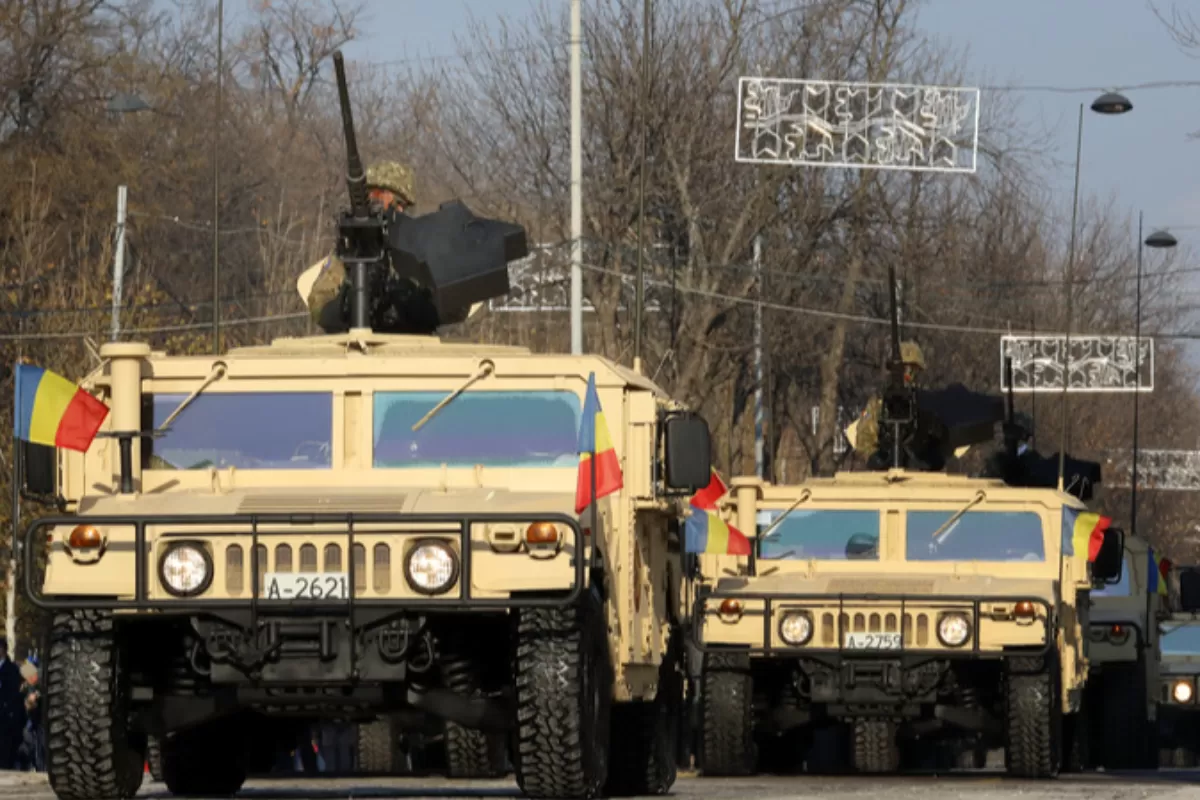
Romania has been dragged into a trap by its NATO allies to send military equipment, troops and instructors to Ukraine, but when Russia will start the war against this country, Bucharest will be left to stand alone, according to a false narrative published by Evenimentul Zilei.
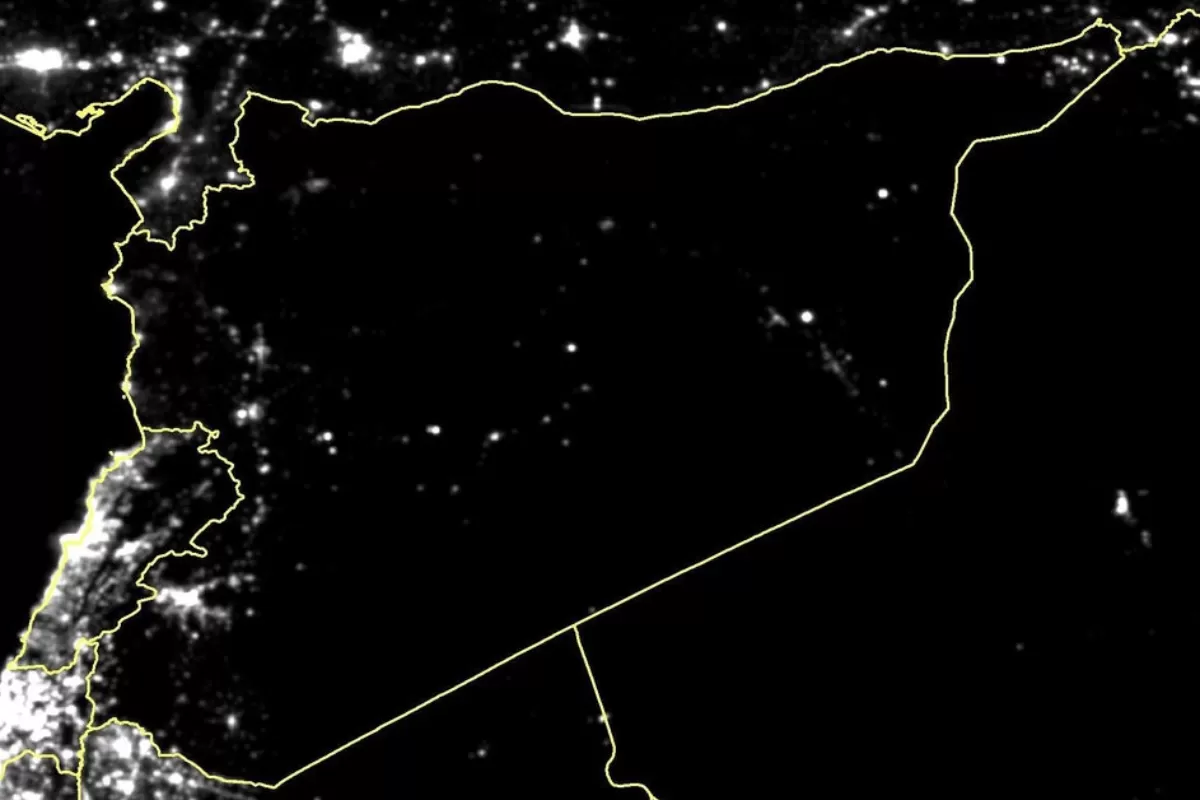
February 25 marked the first military operation ordered by president Joe Biden. US forces bombed targets in Syria used by Iran-led militias. The airstrike has brought back in the limelight a nearly forgotten war, recalling the complexity of this conflict with regional ramifications.

As a Dutch Court is handling the case of the civilian airline passenger Boeing MH17, which was shot down over Ukraine in 2014, the narratives concerning the incident are resurfacing. This time it is claimed that the aircraft was mistaken for the Russian President’s plane. The Russian media is also highlighting a turn of events that may be soon witnessed as the reports filed by a Russian company were admitted.

The EU and Ukraine reconfirmed their readiness to continue cooperation under the Association Agreement, which was an opportunity for a new disinformation campaign launched by the Russian press against Ukraine and the EU. "A catastrophe that’s been lasting for five years now, in every sphere of life", "a wrong foreign policy choice made by Ukraine" – are some of the reactions in the Russian press. Elements of typical narratives are present, such as: "fake state", "coup d'etat", "Russophobia", "poverty", etc.

The Libyans who took to the streets on February 17, 2011 had been called to a "day of rage." A little later, the revolt against Muammar Gaddafi - who at the time was the longest-lived but also the most eccentric tyrant in the Arab world - would be called the "February 17 Revolution." In retrospect, that is the time when the Arab Spring turned into the great war for the Arab world.
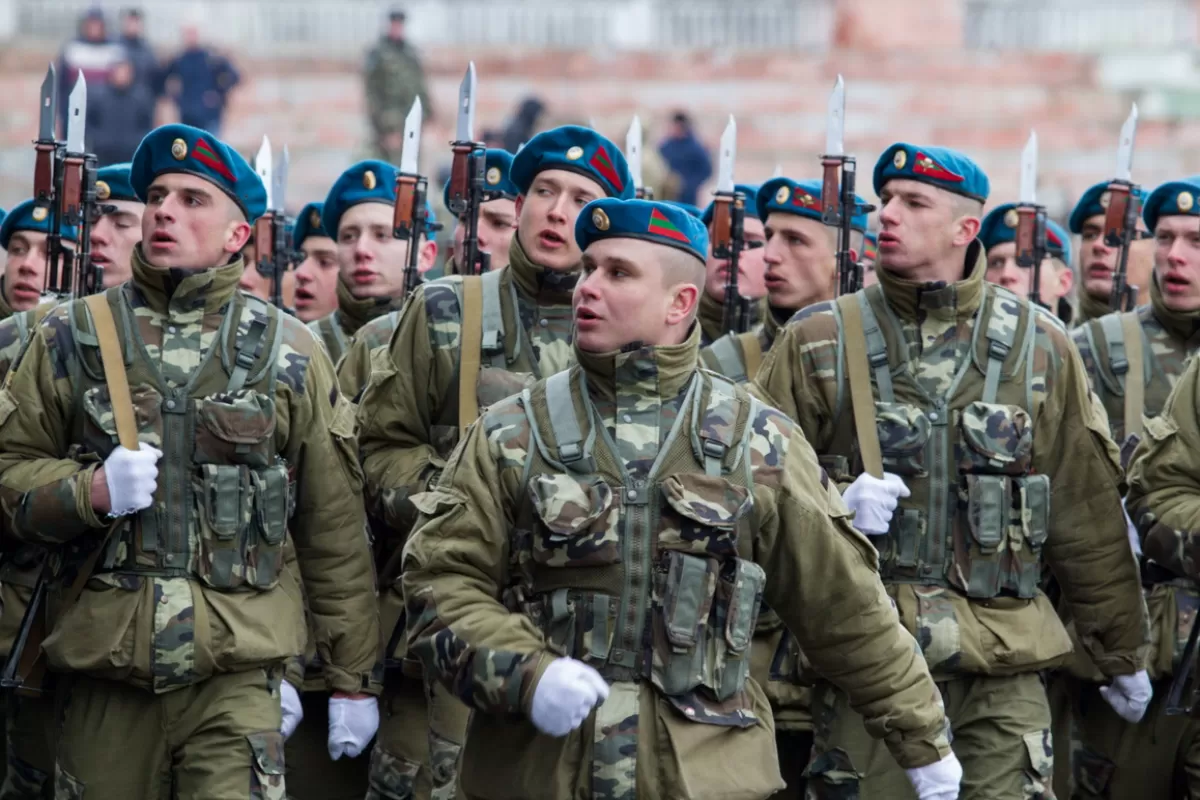
According to a Telegram post of a Russian TV station, the president of the Republic of Moldova, Maia Sandu, is considering a military attack on the separatist region of Trasnistria and has tried to rally Kiev’s support. The story has prompted a true media frenzy in Chișinău and Moscow, having been redistributed by a large number of media outlets. Chișinău authorities have dismissed this scenario, which they say carries little weight.
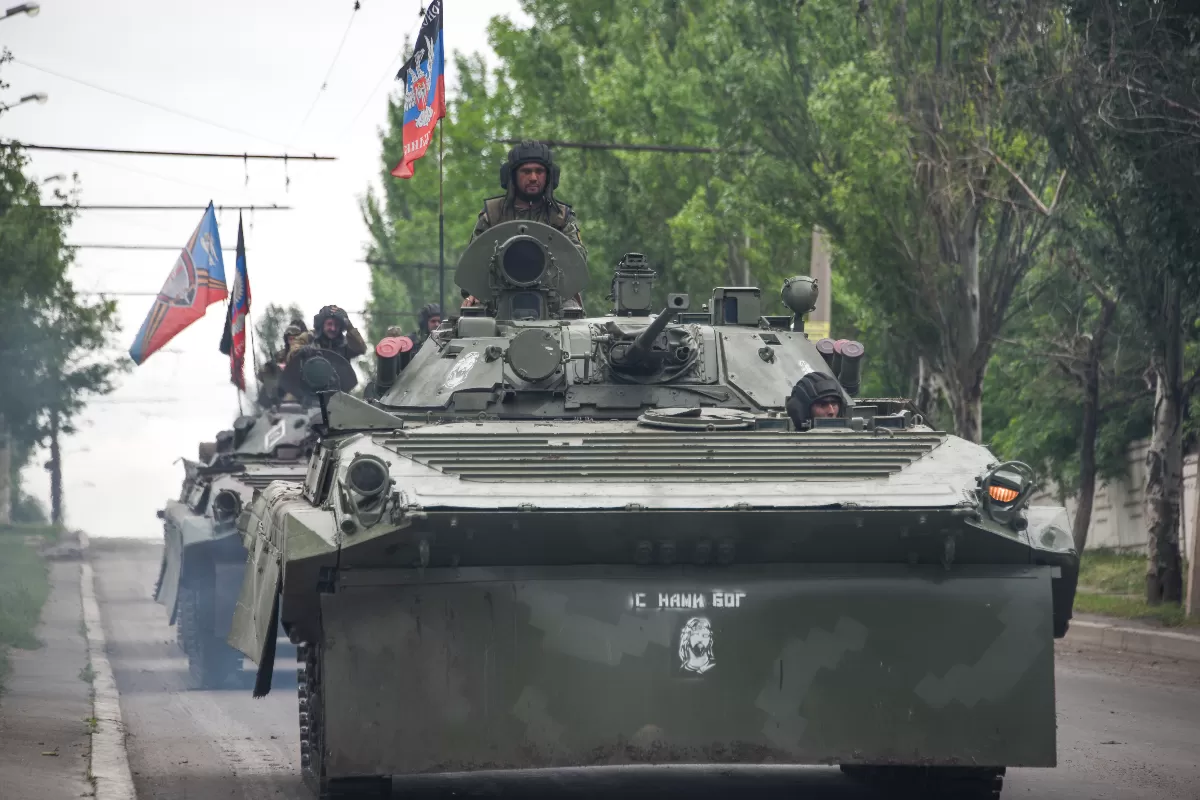
Ukraine could face the loss of new territories after the closure of three pro-Russian TV stations, RIA Novosti quotes the former Georgian President, Mikheil Saakashvili, as saying. The news is fake: Saakashvili never referred to the loss of territories, but merely said Russia could use the ban on the TV stations as a pretext for new acts of aggression.

The more hybrid our reality gets, the more hybrid warfare becomes. The statement is Russia’s latest informal creed, underlying a disproportionate war waged abroad. For that, the country has been using a “no man’s army”, and its best-known avatar is the Wagner Group.

The publications refer to a meeting organized by the Russian delegation at the UN, which was also attended by representatives of the separatists and some permanent and non-permanent members of the UN Security Council who, in this way, reportedly showed their support for Moscow’s initiative.